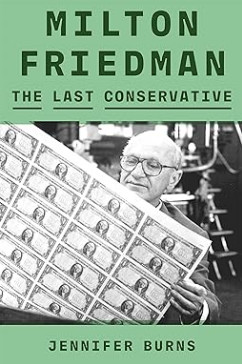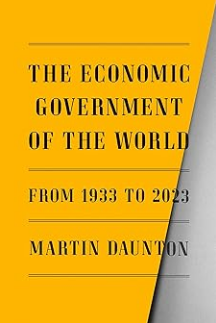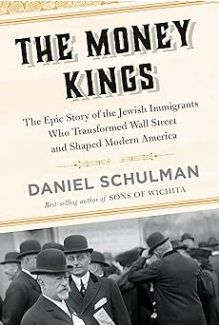 ? Milton Friedman: The Last Conservative
? Milton Friedman: The Last Conservative
Jennifer Burns
Review via The New Republic
Jennifer Burns’s biography of the economist Milton Friedman arrives at a moment when his legacy is increasingly questioned. For no one is more closely linked with neoliberalism than Friedman, who preached the virtues of markets in popular books, on public television, and from his position at the University of Chicago. One of Friedman’s major accomplishments, as Burns describes it, is to have crafted the “basic intellectual consensus about free markets and limited government that powered twentieth-century American conservatism.” For his admirers, Friedman was a farsighted prophet of market economics, a first-rate academic who saw that the world needed more capitalism, not less, to deliver global prosperity. For others, he represents the market fundamentalism that has allowed the wealthy to capture too great a share of the gains of global growth in the neoliberal era and led to the financial crisis of 2008.  ? The Economic Government of the World: 1933-2023
? The Economic Government of the World: 1933-2023
Martin Daunton
Summary via publisher (Macmillan)
In this vivid landmark history, the distinguished economic historian Martin Daunton pulls back the curtain on the institutions and individuals who have created and managed the global economy over the last ninety years, revealing how and why one economic order breaks down and another is built. During the Great Depression, trade and currency warfare led to the rise of economic nationalism—a retreat from globalization that culminated in war. From the Second World War came a new, liberal economic order. Squarely reflecting the interests of the West in the Cold War, liberalism faced collapse in the 1970s and was succeeded by neoliberalism, financialization, and hyper-globalization. ? The Money Kings: The Epic Story of the Jewish Immigrants Who Transformed Wall Street and Shaped Modern America
? The Money Kings: The Epic Story of the Jewish Immigrants Who Transformed Wall Street and Shaped Modern America
Daniel Schulman
Adaptation via Mother Jones
“We have managed to recreate both the economics and politics of a century ago—the first Gilded Age,” wrote Columbia University legal scholar Tim Wu, who helped devise the Biden administration’s antitrust agenda, in his 2018 book, The Curse of Bigness: Antitrust in the New Gilded Age. “As that era taught us, extreme economic concentration yields gross inequality and material suffering, feeding an appetite for nationalistic and extremist leadership.”  ? Around the World in Eighty Games: From Tarot to Tic-Tac-Toe, Catan to Chutes and Ladders, a Mathematician Unlocks the Secrets of the World’s Greatest Games
? Around the World in Eighty Games: From Tarot to Tic-Tac-Toe, Catan to Chutes and Ladders, a Mathematician Unlocks the Secrets of the World’s Greatest Games
Marcus du Sautoy
Review via The Economist
Which are the best properties to buy when playing Monopoly, and how many houses should you build on them? Which continent should you aim to take over first in Risk? And what is the best strategy when using the doubling cube in backgammon? These are some of the questions considered and answered by Marcus du Sautoy, a British mathematician and Oxford professor, in his sprightly, light-hearted history of games and gaming.  ? The Accidental Equalizer: How Luck Determines Pay after College
? The Accidental Equalizer: How Luck Determines Pay after College
Jessi Streib
Interview with author via Inside Higher Ed
In her new book, The Accidental Equalizer: How Luck Determines Pay After College (University of Chicago Press, 2023), Jessi Streib, a sociologist at Duke University, explores why college graduates tend to earn similar incomes regardless of their class background.
Examining the outcomes and earnings of graduates of one public university’s business school, Streib finds that employers are driving the trend. Within the mid-tier labor market she investigated, employers are so opaque in their hiring practices and starting salaries that students from advantaged backgrounds are unable to use their resources and connections to gain a leg up. Furthermore, hiring managers for entry-level positions vary greatly in the skills and experiences they value, making it impossible for an applicant to leverage privilege in an interview.More By This Author:U.S. Q4 GDP Outlook Appears On Track For Modest Growth
10-Year US Treasury Yield Fair Value Estimate: Wednesday, Nov. 15
Desperately Seeking Yield: Tuesday, Nov. 14













Leave A Comment